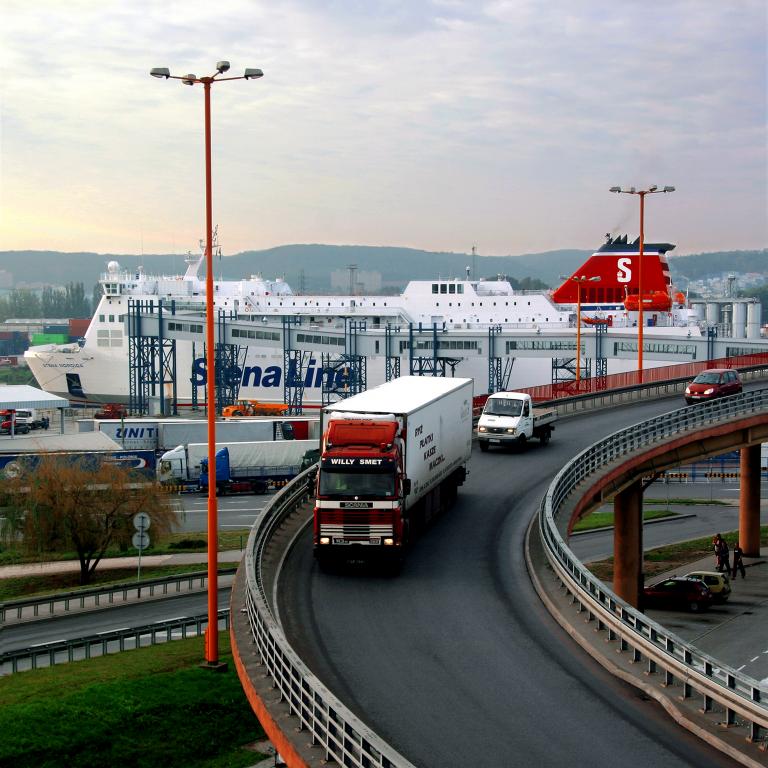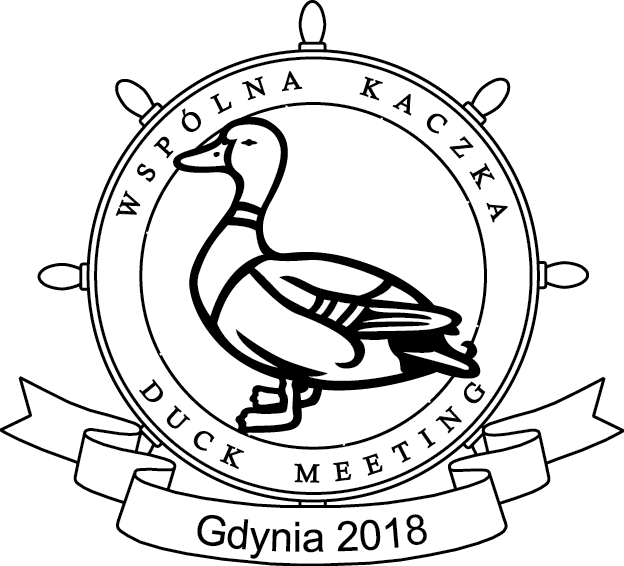
2017-08-16
Doubts around mobility
On 31 May this year the college of EU commissioners adopted the Mobility Package “Europe on the Move”. It includes a wide range of initiatives and solutions which aim at making road transport transparent, fair and more competitive. The European Commission suggests solutions which are supposed to strengthen the internal market, support development of infrastructure within the scope of road tolls and connections as well as make EU principles clearer as far as delegation of staff members is concerned.
The CLECAT (European Association for Forwarding, Transport, Logistics and Customs Services), whose member is the Polish International Freight Forwarders Association, had mixed feelings about announcement of the package. It took a positive view of the EC’s proposals within the scope of enforcement, simplification and harmonization of the principles in different aspects of road transport, however expecting that Brussels will make comments more decisively to defend the competitive internal market of transport.
The CLECAT critically assesses the proposals on regulation with reference to delegation of staff members in international transport. The organization suggested departing from the hitherto prevailing rules on limiting to 3 operations carried out within 7 days, whereas the EC proposed a change of the principles consisting in shortening the time to 5 days without determination of operations limit. The CLECAT is surprised that if the cabotage is supposed to be subject to local rules, inter alia, with regard to remuneration of drivers, then simultaneous determination of time frames is deprived of any justification.
The CLECAT also pays attention to administrative burdens being a consequence of various legal regulations within the scope of minimum pay, in force in the territory of the European Union. In this sense the consolidated system would obviously be better than the wide range of different national systems. However, it is surprising that the EC did not take into consideration the specific character of the road transport sector with its high mobility and supranational nature. Application of local rules on performing work and minimum pay in international transport will be an enormous administrative burden especially for small and medium enterprises. It is contrary to the opinion of the environment that expected that the EC will strive for creating a true internal market. The proposal put forward also contradicts earlier declarations of the EC on upholding the position presented in the White Book and ambition to create an internal market in maintenance of rules on freedom in provision of services, freedom in flow of goods and respect for the principle of proportionality.
Now, member states and the EP should rise to speak in the matter concerning the EC’s proposals since it is necessary to introduce such regulations which will contribute to improvement, in general, of effectiveness and quality of road transport services, without introduction of additional bureaucracy connected with regulation of the sector.
One of the panels at the Maritime Economy Forum Gdynia 2017 will be dedicated to logistics.
Article developed in cooperation with "Namiary na Morze i Handel" magazine.
phot. Przemek Kozłowski/ARG


